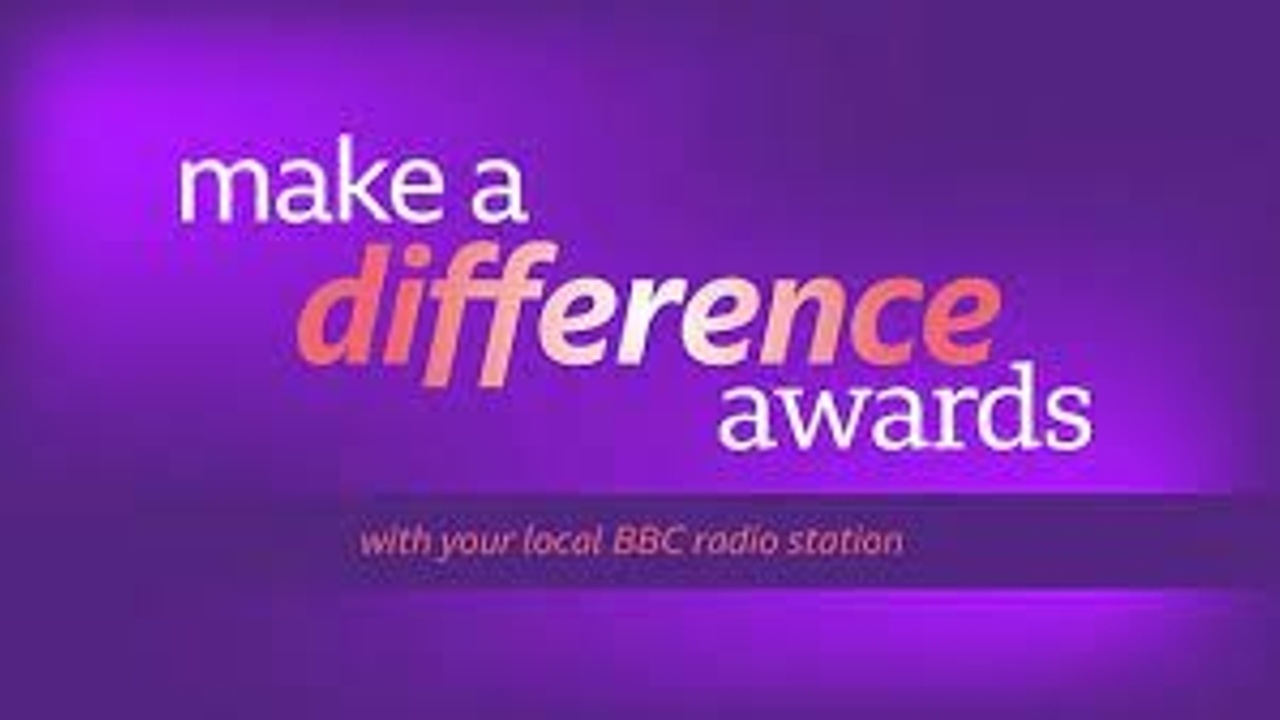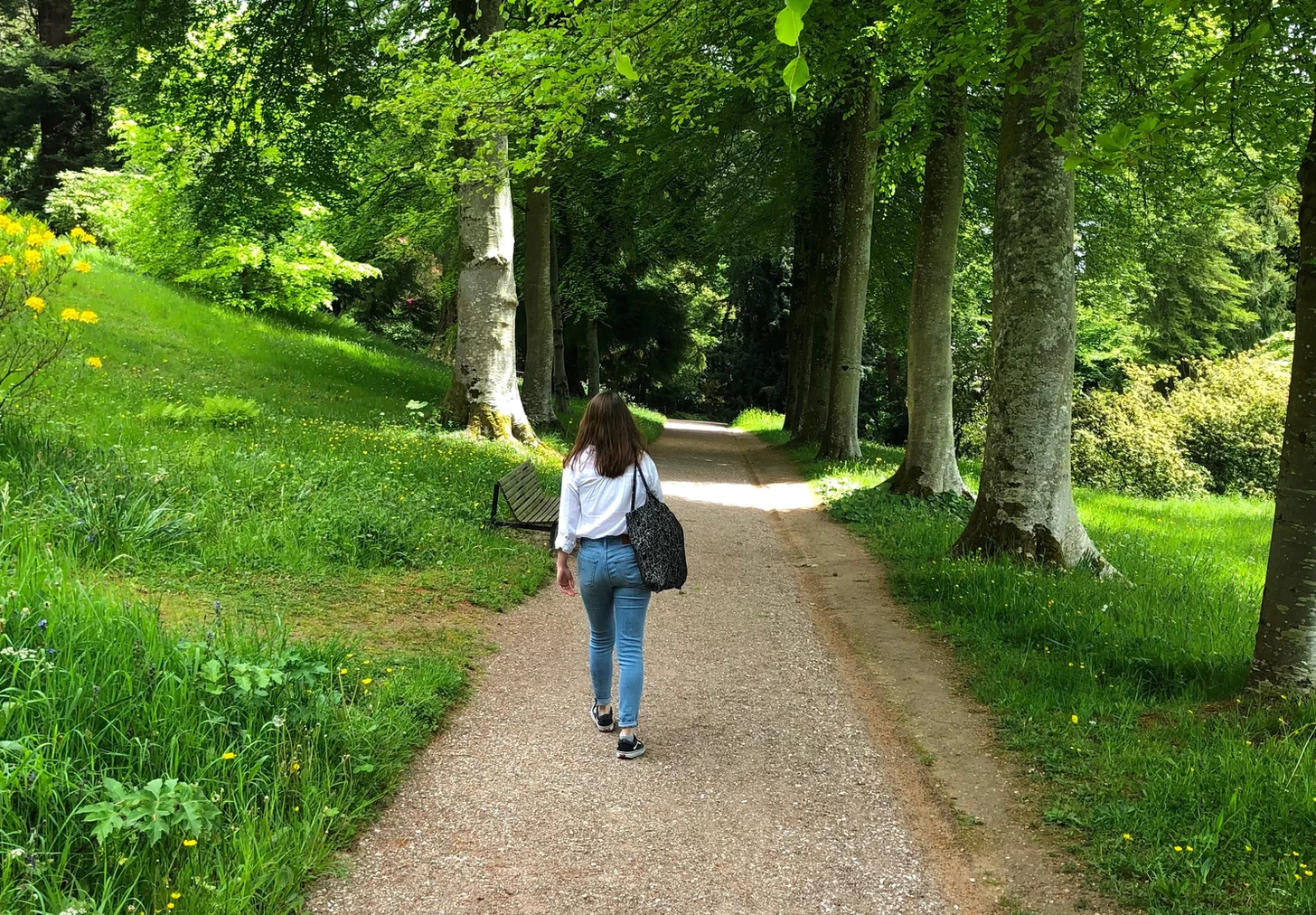'Mental Health Awareness' is becoming a popular term, with society shifting towards a more open and accepting stance on mental health. Social media has been a powerful platform for people to be able to share their experiences, learn about mental health conditions, and connect with others online, all behind the security of a screen.
Whilst we have come a long way since the days of repression, inhuman mental asylums, and bizarre and shocking diagnoses and treatments, we still have a long way to go. Shame, fear, anxiety, negative beliefs, and misinformation are just a few of the many roadblocks to openly and comfortably talking about what's going on in our minds and our bodies. The weight of historical baggage still hangs heavy upon our collective unconscious and feeds into our modern-day perception and education around mental health and...


 ?
? story
story



